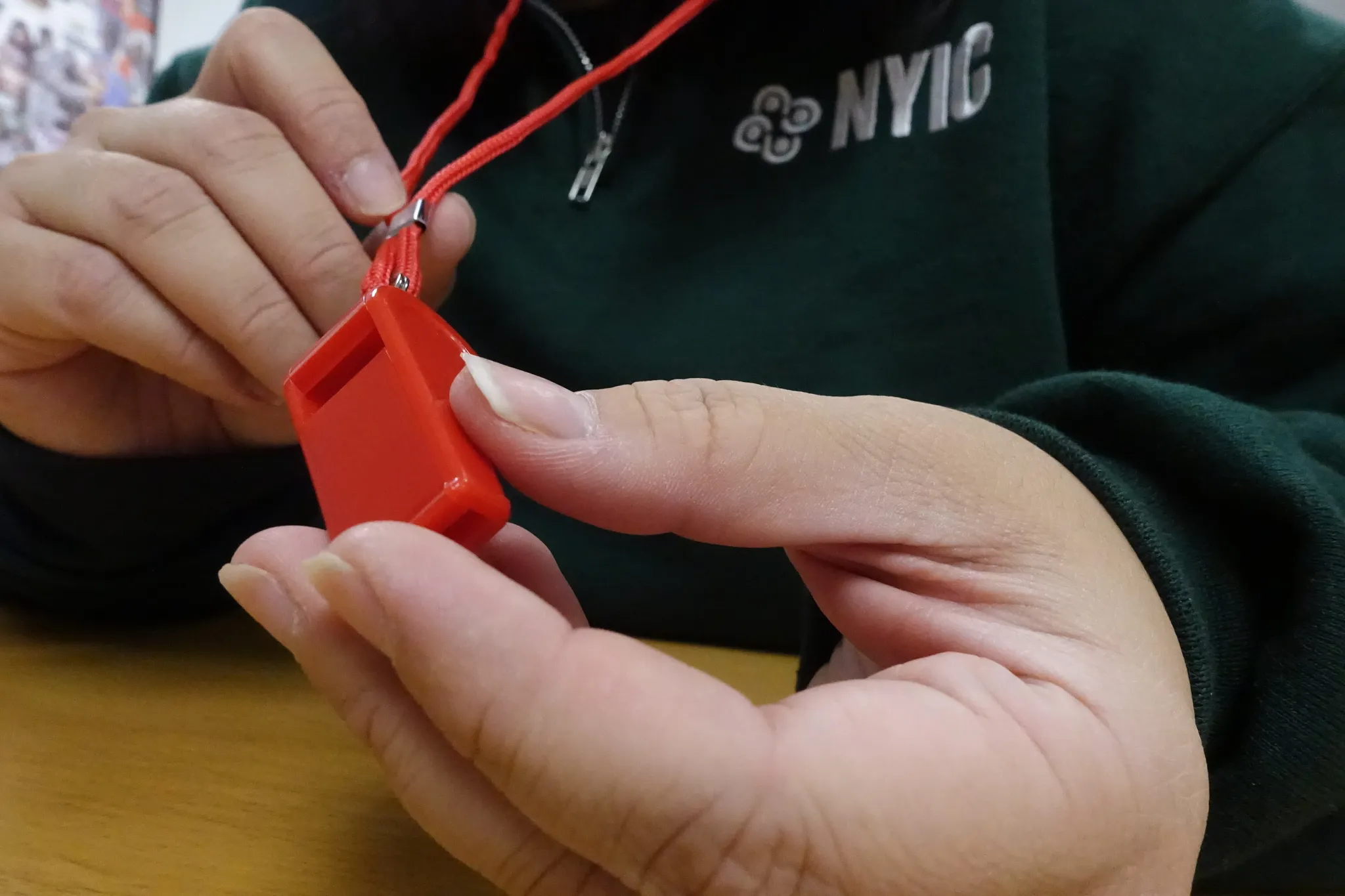Have you ever been at the doctor’s office and heard questions like, “Do you have enough food at home?” or “Is your house safe?” You might wonder why your doctor is asking you these things.
The truth is, these questions, known as “social determinants of health screenings,” are very important and can help doctors take better care of you.
What Are Social Determinants of Health Screenings?
Social determinants of health (SDOH) — also called social drivers of health — are factors in your life that can affect your health. To screen for these factors, doctors often ask patients about:
Food (“Do you have enough to eat?”)
Safety (“Is your home safe?”)
Housing (“Do you have a good place to live?”)
Transportation (“Can you get to the places you need to go?”)
Utilities (“Do you have water, heat, and electricity?”)
Federally qualified health centers (FQHCs) — commonly referred to as health clinics — have been doing SDOH screenings for some time. And patients who routinely get SDOH screenings at FQHCs have better health outcomes than those who don’t, according to a 2024 study. The Centers for Medicare & Medicaid Services has required doctors to give patients SDOH screenings since 2024.
Why Are These Screenings Important?
Having enough food to eat or a safe place to live can affect your health just like getting good medical treatment can. If you don’t have nutritious food, it’s hard to stay healthy. If you can’t get to the doctor’s office, you might miss important check-ups. When doctors know about these needs, they can help you find the right support and services.
Why Do Some People Not Want to Answer?
Sometimes, people get worried when doctors ask them about their personal lives. They might feel embarrassed, insecure, or wonder who will see their answers. They may not trust that their doctor will use the information to help them.
It’s normal to have these concerns, but doctors ask these questions because they want to help.
It’s important for doctors to explain why they’re asking these questions. It’s easier to respond when you know the goal is to help you. Doctors are also required to keep your answers private.
How Doctors, Health Plans, and Patients Can Work Together
As a Population Health Specialist at Independence Blue Cross (IBX), I work with primary care providers and FQHCs to make sure our members are getting SDOH screenings. When we find out that they’re having trouble with food, safety, housing, etc., we work with providers to help them get support so they can focus on their health and well-being.
Sometimes, clinics even have Community Health Workers (CHWs) on staff who are from your own neighborhood. The role of CHWs is to help patients make informed and productive health decisions.
Better Health Outcomes for Everyone
When patients answer SDOH questions, doctors can help them get the support they need, and that improves their health outcomes. When doctors, health plans, patients, and community resources all work together, it leads to better health care for all of us.
So, the next time your doctor asks you about your home life, remember: They want to help you every way they can. Sharing your answers can help them make sure you get the support you need.



























